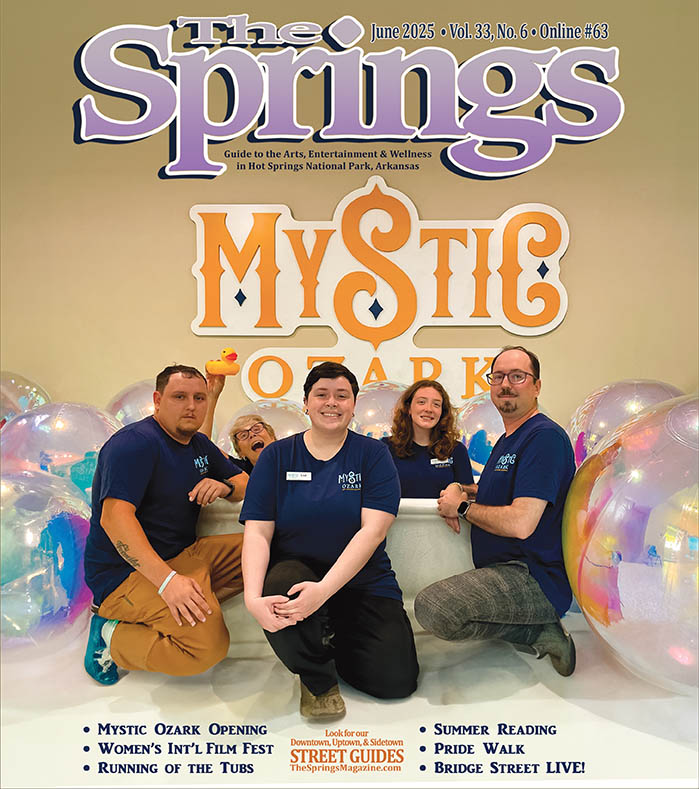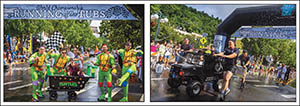Raccoons will pilfer almost anything edible.
By Ann Kendrick
I have an overabundance of squirrels that love to come to my bird feeder, hoping the battery in it has run down and they won’t get thrown off this wonderful “squirrel-proof” machine. Over the years it has been a great source of entertainment for friends and family and for allowing the birds proprietary feeding.
There is another critter we need to think about that visits our feeders; the friendly bandit-looking one called raccoon, which will pilfer most anything edible and bird feeders that are not hung properly are ripe for their feast.
Understanding raccoons may help in preventing being robbed at night, as that is when raccoons are out and about. The Humane Society of the United States recommends removing the feeder at night if there is food left in it or perhaps filling the feeder with just enough for the birds for one day.
Raccoons are not quite as skilled as squirrels at jumping and climbing, so try suspending the feeder on a wire stretched between two stationary objects. Or place your feeders on a pole less than ½ inch in diameter, making it difficult for the ‘coon to climb. Do not put grease or anything oily on the pole as this is dangerous to birds. Seed left on the ground is an easy meal for raccoons. If you can’t clean up spilled seed under the feeder, try using a seed catcher which attaches to the underside of the feeder.
Raccoons are opportunistic feeders and will make headway into trash cans that are not tightly sealed and will also eat any produce that may have been left on porches, benches, or tables.
While not considered a threat to man, raccoons do carry rabies and any contact should be reported to medical personnel. They can also carry diseases harmful to our pets such as distemper and parvovirus.Master Gardener, Ann Kendrick, volunteers with GC Master Gardeners of the UofA Div. of Agriculture, Cooperative Ext. Service. Master Gardeners pool skills and resources to improve home horticulture, stimulate interest in plants and gardening, and encourage beautification. For more information, call 501-623-6841 or email adykes@uaex.edu.









